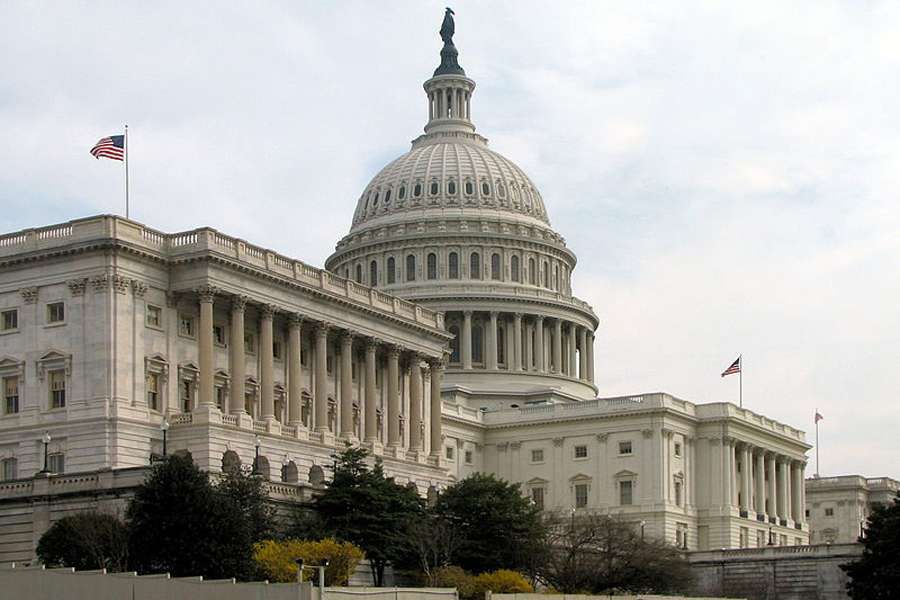Leading U.S. bishops have applauded pro-life provisions in the newest GOP health care proposal, but said that substantial changes are needed in other areas to make the bill morally acceptable.
“Without significant improvement, this bill does not meet the moral criteria for health care reform outlined in our previous letters,” four committee chairs of the U.S. Conference of Catholic Bishops wrote to U.S. senators on Thursday. They asked the senators “to think of the harm that will be caused to poor and vulnerable people.”
The four bishops who wrote the letter to the U.S. senators were Cardinal Timothy Dolan of New York, chair of the bishops’ pro-life activities committee; Archbishop William Lori of Baltimore, chair of the ad hoc religious liberty committee; Bishop Joe Vasquez of Austin, chair of the migration committee; and Bishop Frank Dewane of Venice, Fla., chair of the domestic justice and human development committee.
Senate Republicans introduced the Graham-Cassidy health care proposal last week as the latest attempt by Republican lawmakers to repeal the current Affordable Care Act and replace it with another health care law.
Under the proposal, the old individual and employer health insurance mandates of the Affordable Care Act would be repealed, as well as the Medical Device Tax. Patients with pre-existing conditions would still be protected, the senators sponsoring the bill said. States would receive more freedom and flexibility to innovate health care policies and lower costs, the senators claimed.
The proposal would replace the expansion of Medicaid payments to the states with a “per capita cap” on the federal Medicaid payments based upon the population of the respective states. However, these changes to Medicaid would “fundamentally restructure this vital program” and “result in deep funding cuts and lost coverage for millions of people,” the bishops wrote.
The bill would also replace other federal subsidies and grants to the states — like ACA premium tax credits and cost-sharing reduction subsidies — with block grants to states, the bill’s sponsors said. This would help reduce the inequality between the states that chose to partake in the Medicaid expansion under the Affordable Care Act and those that did not. Just three states received “37 percent of Obamacare funds,” the senators claimed.
However, “while flexibility can be good at times, these block grants will result in billions of dollars in reductions for those in health care poverty,” the bishops wrote. States facing budget deficits may be forced to cut more programs benefitting low-income citizens if they do not receive the additional aid from the federal government, the bishops said.
Pro-life provisions in the bill are laudable, they noted, especially those protecting against taxpayer funding of abortions in health care, and redirecting Medicaid dollars away from abortion providers like Planned Parenthood toward other health clinics that do not provide abortions. “The legislation does correct a serious flaw in the Affordable Care Act by ensuring that no federal funds are used for abortion or go to plans that cover it. This improvement is praiseworthy, and it is essential that any improved final bill retain these key provisions,” the letter said. “We also applaud that Graham-Cassidy redirects funds from organizations that provide abortion,” the bishops said.
Looking ahead, the bishops told the senators to avoid being hasty in passing a comprehensive health care bill that could affect the coverage of millions of Americans. “The Senate should only proceed with a full report concerning just how many people will be impacted,” the bishops said of the changes to Medicaid. “Decisions about the health of our citizens — a concern fundamental to each of us — should not be made in haste simply because an artificial deadline looms,” the bishops said. Members of Congress should pass a bill with bipartisan support, one “that addresses the life, conscience, immigrant access, market stability and affordability problems that now exist.”

